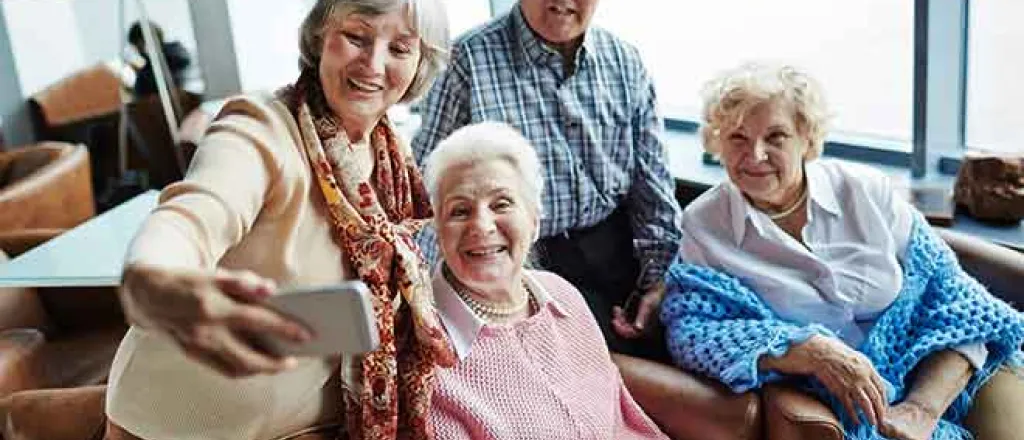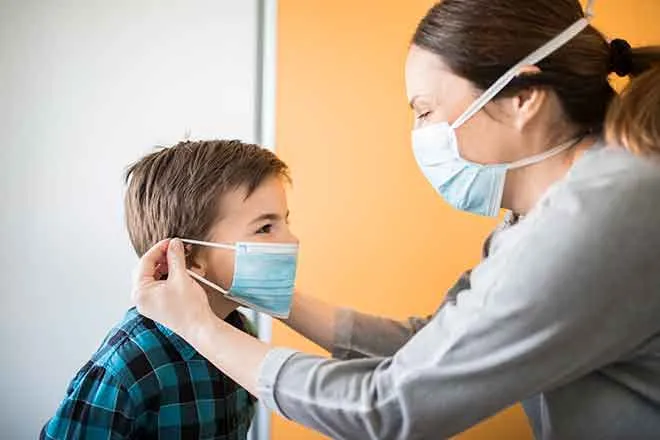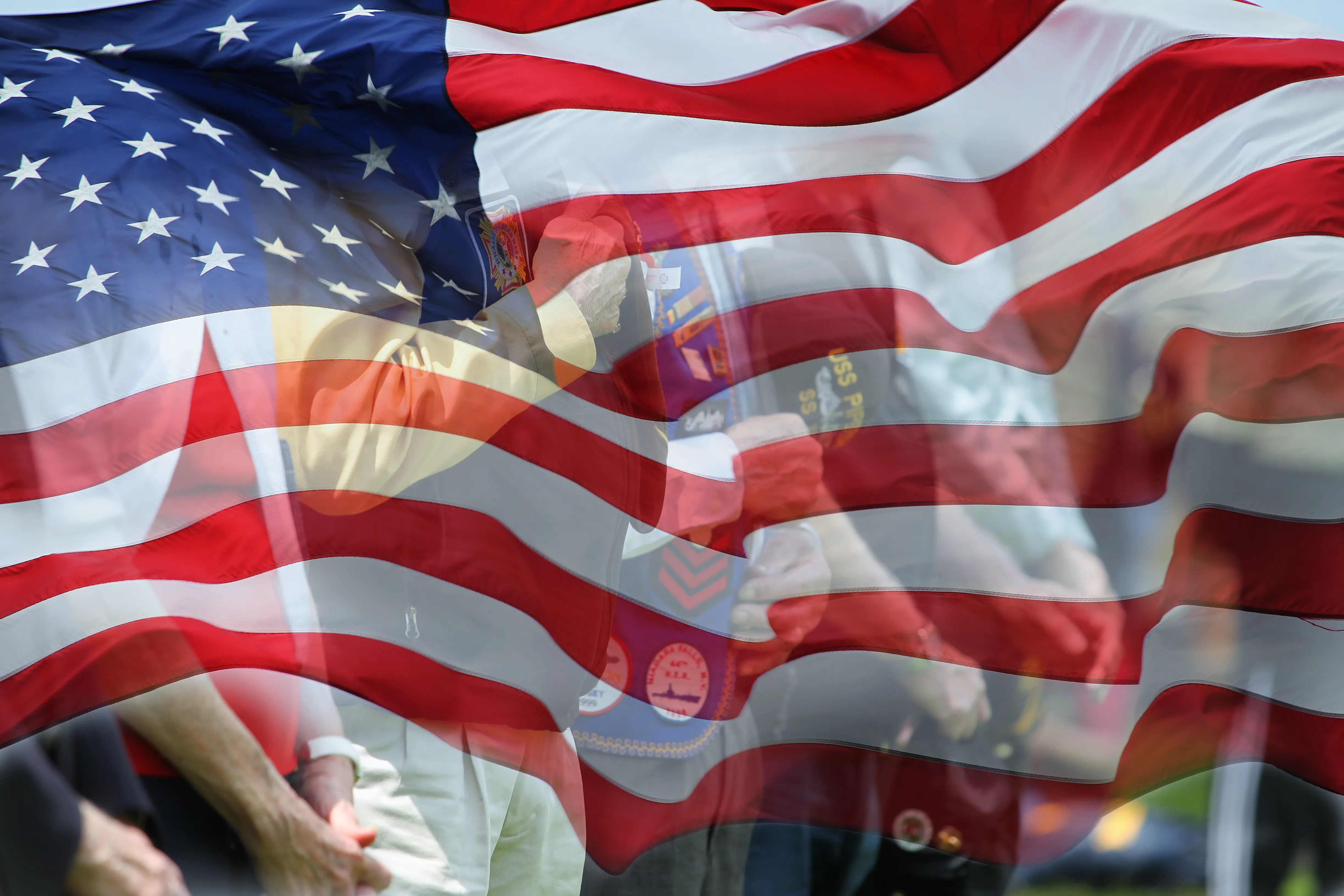
Senior social isolation: A silent epidemic, as deadly as cigarettes
Click play to listen to this article.
Senior advocates are sounding the alarm about the effects of social isolation on older people in Illinois, saying loneliness is comparable to smoking and can increase the risk of early death by 50 percent.
Research shows a lack of social connection is as dangerous as smoking 15 cigarettes a day.
Jeanne Heid-Grubman, director of strategic initiatives for Chicago Methodist Senior Services, called social isolation and loneliness in seniors a "silent epidemic," explaining the older people get, the more likely their interactions with others will decrease.
"A lot of attention is paid to medical issues, physical issues," Heid-Grubman observed. "But it's that social aspect of us as human beings that I feel is kind of neglected."
About 40 percent of adults over age 60 in Illinois live alone. Heid-Grubman said community initiatives like Chicago Methodist's Senior Connections program, which matches people for intergenerational friendships, aim to encourage connectedness, citing studies showing social connection increases the odds of survival and happiness.
Heid-Grubman noted in her 45-year career, she has seen many people struggle to find meaning in their lives as they age. She argued it is important not to view older adults as "pathetically lonely," because they have a lot to offer. Heid-Grubman shared one client's story of losing her husband and having no local family but finding friendship and joy through her intergenerational "match." She added some matches have grown to become as close as family, sharing holidays and trips together.
"In being able to give that to other people -- their wisdom, their stories about things that they've gone through -- that makes their life have more meaning," Heid-Grubman pointed out.
Richard Frohbose, director of operations for Meals on Wheels of Northern Illinois, said his organization encourages community connectedness through more than 20 cafe sites. They also partner with local transit services to provide transportation, home-delivered meals and wellness checks to homebound seniors.
"Our clients tells us that they depend on our services," Frohbose stressed. "Some would not eat without us. Some would never see a friendly face or speak to another person."
Frohbose explained they are reaching out to local hospitals and mental health providers to offer "social prescribing" services, and are working on a new technological wellness check initiative to help combat senior isolation in communities across the state.

















